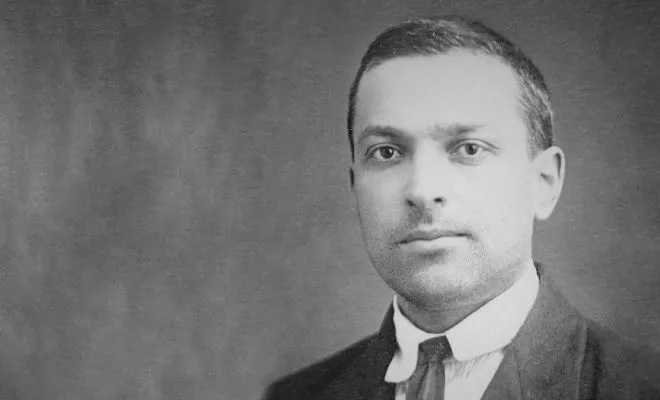The Zone of Discomfort- where deeper confidence is built
Peter Procopis | August 20, 2023

During my Education studies, I was introduced to the seminal theory of learning and development of Belarussian Psychologist, Lev Vygotsky. Vygotsky’s Zone of Proximal Development is typically defined as the space between what a learner can do without assistance and what a learner can do with expert guidance or in collaboration with more capable peers.
As Aussie Cricket Season 2023/24 approaches, I thought Vygotsky’s ideas might be helpful to players, parents, and coaches as they grapple with a common, perennial cricket development issue: which age group should a youngster play in?
Before jumping into our issue, for our purposes we can interpret Vygotsky’s Zone of Proximal Development as having two main recognisable elements: masterful coaching and stretching players by training at the edge of their capabilities.
I’m going to focus on the second one, ‘stretching’, for the purposes of this piece.
The scenario:
We have a competitive, resilient 12-year-old from a safe and supportive home who scored 500 runs at 166.66 at a strike rate of 134.5 and took 23 wickets at 7.5 last season in U12s Club Cricket. Which age group should he play this season if he wants to maximise his improvement?
Coach Vygotsky’s likely advice:
At a minimum, the lad should play U14s this season. Depending upon the coaching personnel at the Club, I’d also consider U15s and U16s. A skilled, experienced coach can make ‘playing up’ a simple, low-fuss affair.
When considering whether youngsters should play in an older age group, people often focus on potential downsides like, say, some low scores as a batter or “getting whacked” as a bowler. For various reasons, they are usually very concerned at the damage to a youngster’s self-esteem that may occur if they experience less scoreboard success, receive fewer accolades and trophies, and feel the pain of ‘failure’ more often.
Very rarely will there be a discussion about the positives of ‘playing up’ or the potential flip-side negatives, in particular the damage you can do to a capable, young player’s long-term progress by keeping them in their age group for an extended period of time. Familiarity and comfort often breed contempt. Contempt leads to entitlement. Entitlement in turn leads to shortcuts and dishonest self-appraisal. The result can be 18-19-year-old cricketers who may already be 3-5 years past their competitive peak as a cricketer. At best, if they stick to it, those players will have a very rough and tough path over the following 5-10 years to acquire the necessary skills to compete with players who went down different, more challenging, and difficult paths between ages 12-19.
All that ‘domination’ achieved by very capable youngsters staying in their age groups through those uneven development years of U12s-U16s means nothing when you’re facing up to a hardened 28-year-old second grade quick flinging them down between 120-130km/h or bowling to a very calm, skilful and experienced 30-year-old bat who looks forward to batting most of Saturday every week and couldn’t care less which school you went to or whether you had two or three private coaches. The confidence a young player in those circumstances must be deep and rich, not shallow and flighty. It must be a confidence in their ability to adapt, innovate and solve problems in uncomfortable, ‘stressful’ situations.
Remaining comfortable for long periods of time is very bad for your development as a cricketer. Vygotsky argues convincingly that if improvement is sought, learners (see players) must be stretched towards their limits on a regular basis. Therein lies the key to long-term improvement and consequently success- learning over time how to be more comfortable being uncomfortable.
Lev would have most assuredly agreed with Northern Ireland’s world class golfing dynamo, Rory McIlroy, who urges young golfers to “Find people who are better than you and play with them.” McIlroy attributes that approach, the one he was encouraged to take as a youngster, as key to his quicker than normal development as a youth golfer. It seems to have worked quite well for him.








